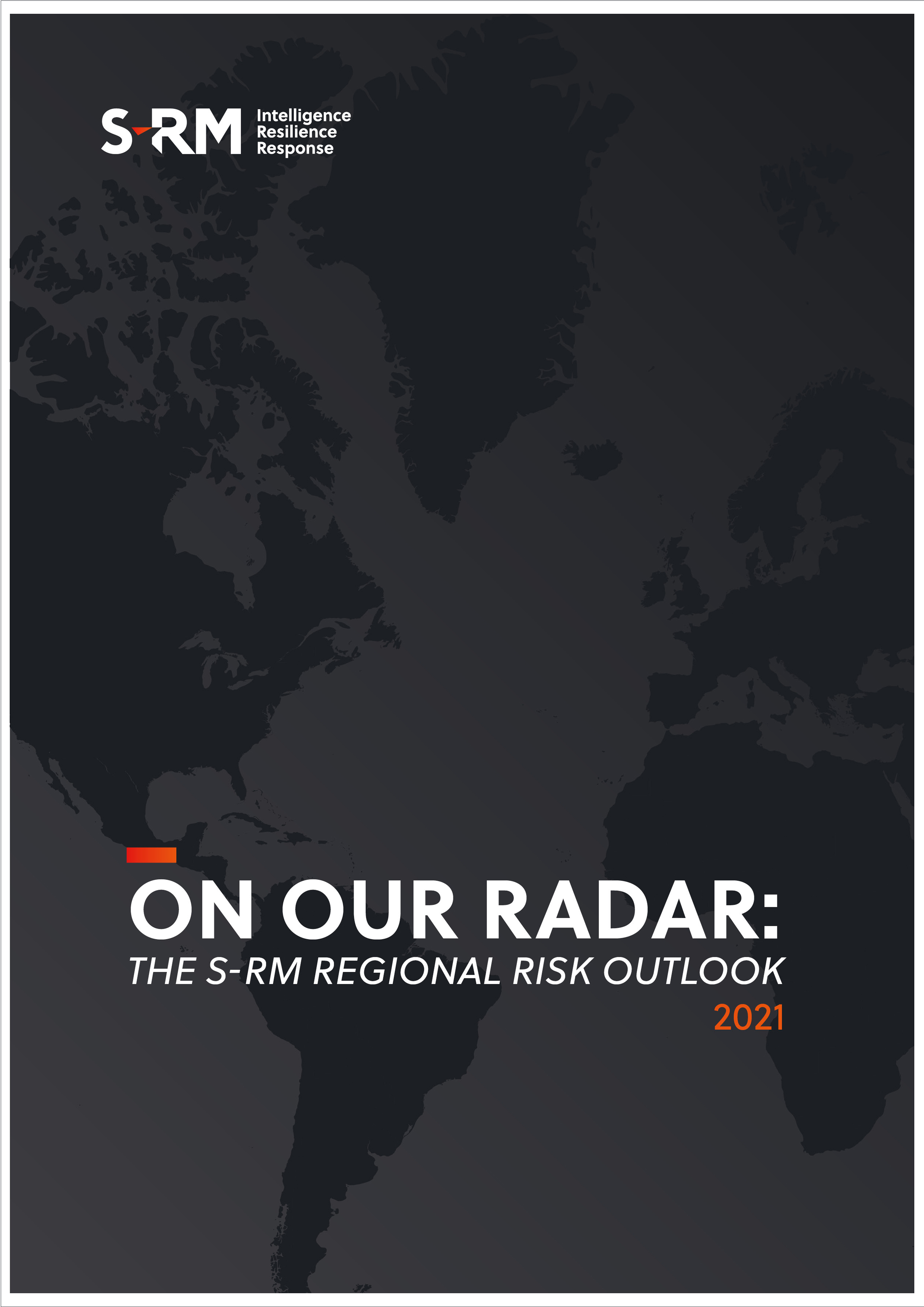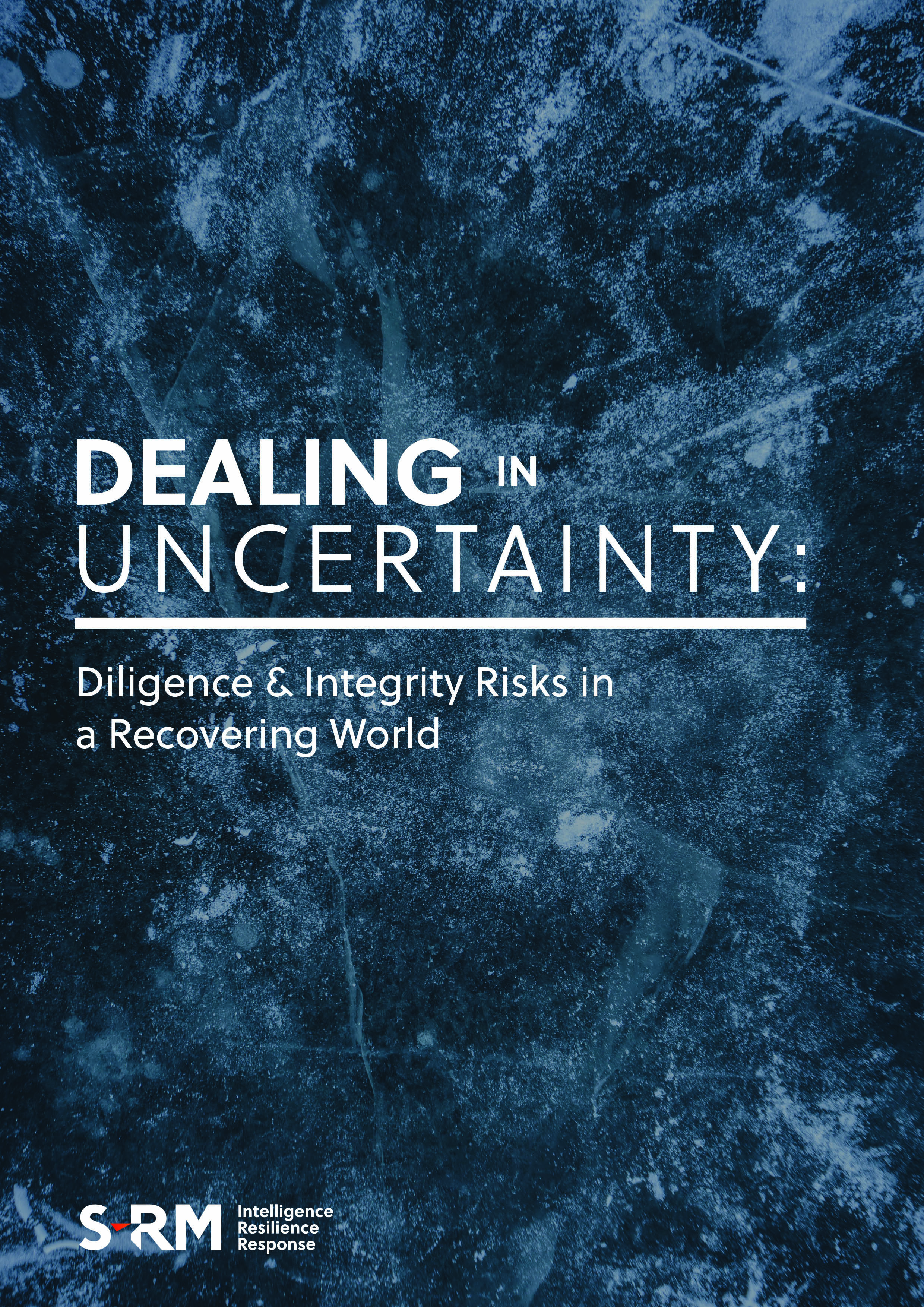A Broader Set of Risk Factors:
Working conditions, supply chain transparency, and labour rights are increasingly being mentioned in the same breath as corruption, bribery and political exposure when it comes to risks faced by investors in the Middle East and North Africa (MENA). Organisations ranging from private equity firms to multinationals are tenaciously interrogating Environmental, Social, and Governance (ESG) factors – especially Social – as part of their decision-making processes. Incorporating these priorities into commercial strategies is becoming a must for companies serious about building long-term business resilience, bolstering their reputations both in the region and internationally, and reducing their risk exposure.
The concept of social factors in ESG is fluid and continuingly developing to encapsulate a wide and evolving set of risks. Its scope is adapting in response to a changed business world in which stakeholders, governments, regulators, and even the public are demanding a greater say in shaping how companies “think” and ultimately how they are run. For S-RM’s MENA team, scrutiny and expectations are on the rise, with stakeholder capitalism and the social criteria of ESG transforming into key trends to watch out for.

In the MENA region, organisations are asking us to get under the skin of social issues such as supply chain transparency and labour relations in their efforts to mitigate risk and gain robust intelligence. For the latter, this has ranged from strikes and labour protests to relationships between the workforce, trade unions, and customers. More broadly, issues viewed under this umbrella can comprise workplace discrimination and sexual harassment – two areas under particular scrutiny in response to the global movements Black Lives Matter and Me Too – as well as freedom of speech, ethical codes of conduct, and safety standards. Added to this are issues such as modern day slavery, low pay and corporate malpractice. Meanwhile, in the context of COVID-19, private equity firms have found themselves under pressure to determine whether existing partnerships or prospective targets are responding ethically in their use of government payments and their approach to carrying out redundancies, with the message being that employers need to raise the bar in interacting compassionately with their workforce.
MOUNTING CONSEQUENCES
If an investor fails to take these risks seriously the consequences can be severe and far reaching for a variety of stakeholders. The company’s share price and revenue may plummet, and its board directors may be drawn into protracted and expensive legal proceedings or face regulatory fines. Their reputations, say through turning a blind eye to labour exploitation, may be unsalvageable in the eyes of the public and their shareholders. A widely cited example in MENA is the construction sector in the Gulf which has long been plagued with allegations of modern slavery, especially through its exploitation of migrant workers from South Asia. The sector has been characterised by extremely low or unpaid salaries, substandard working and living conditions, and heavily restricted freedom of movement – facilitated by the confiscations of workers’ passports by employers. In short, practices on the ground have been slow to respond to reform in local laws and the evolution of international labour standards, a phenomenon responsible investors need to probe thoroughly.
"Practices on the ground have been slow to respond to reform in local laws and the evolution of international labour standards."
COMPETING FORCES
The gear change towards making ESG criteria an integral part of the investment process is taking place at a challenging period, in which international and domestic agendas can overwhelmingly appear at loggerheads. Companies are having to navigate a business environment in the MENA region in which social freedoms – such as expression and legal rights – are increasingly coming under scrutiny by international organisations, investors, and social communities and simultaneously constrained by domestic government initiatives, especially in the face of state responses to Covid-19.
Several MENA governments from the UAE to Algeria and Egypt used the pandemic to implement stricter controls that severely limit social rights in the region. Such measures have included states of emergency, introducing new censorship laws aiming to restrict the spread of “fake news” about the pandemic, and granting additional powers to law enforcement. These tools of repression, deployed here in the context of Covid-19, are not new and many show no signs of disappearing, even as the pandemic starts to recede. They are embedding underlying ESG risks in the region, arising from governments’ heavy handed efforts to consolidate authority, their aggressive silencing of political opposition, and the encroachment of the state in daily life.

Take freedom of expression. In Egypt, the Supreme Council for Media Regulation has issued a number of statements that turbocharge censorship, which include threatening legal action against media outlets that report negatively on the government’s Covid-19 response, while authorities also revoked accreditation for international journalists reporting on basic Covid-19 statistics. Efforts to restrict movement have also limited freedom of expression as a by-product. In states including Jordan, Yemen and Morocco the distribution of print newspapers and magazines was suspended for varying periods of time as part of the initial response to the pandemic, limiting public access to information and further isolating areas where internet penetration is low.
REGIONAL NUANCE
As a result, the need for robust intelligence that takes into account the nuances of the region is becoming ever more critical for organisations looking at MENA from an ESG perspective, as they seek to integrate social principles – traditionally considered outside the remit of corporate responsibility – into their decision-making processes.
"The need for robust intelligence that takes into account the nuances of the region is becoming ever more critical."
For example, one of our clients, a private equity firm, was intent on understanding the experience of the workforce, ranging from factory workers to seasonal and migrant labourers, when considering their acquisition of an agribusiness in North Africa. At their request, we examined working conditions at the factories as well as on the farms from which the products are sourced, speaking to industry stakeholders such as local farmers, regulatory officials, and trade union representatives. We looked at diverse social issues impacting the agricultural industry more widely including pricing mechanisms, methods of transport for workers, and why farmer protests had taken place. As part of the project, we also broke down different elements of the supply chain, seeking to shed light on how the different components interacted. We found that key social issues arose from the limited visibility over supply chains in the country as well as concerns relating to working conditions; these risks were viewed as part and parcel of the sector and not unique to the organisation in question. While agriculture in North Africa is a compelling example highlighting the intersect between the “traditional” risks of bribery, corruption, and political exposure and this newer focus on the human angle, in our experience such issues in the region extend across industries and even into countries including Afghanistan.
LOOKING AHEAD
While measuring the impact of such practices remains a divisive topic and the ideal method up for grabs, efforts are being made by international corporations, regulators, and financial institutions to streamline the criteria. The International Financial Reporting Standards Foundation, for example, is running a project on sustainability-related reporting. In the meantime, the assignment of human resources, time and budget devoted to getting to grips with risks associated with social criteria is a good place for corporations and businesspeople to start.
"The assignment of human resources, time and budget devoted to getting to grips with risks associated with social criteria is a good place for corporations and businesspeople to start."
In a rapidly changing world, the allocation of capital and resources in MENA will be probed in new and louder ways than has existed previously. A cocktail of growing stakeholder capitalism, scrutiny into government responses to Covid-19, and global movements seeking to overthrow deep-rooted social inequalities, will require multinationals, private equity firms, and investors to make extra certain their engagements are kosher. And in today’s environment this means frontloading the S in ESG.




 Email Lara
Email Lara





 @SRMInform
@SRMInform
 S-RM
S-RM
 hello@s-rminform.com
hello@s-rminform.com

